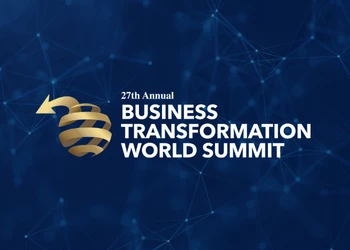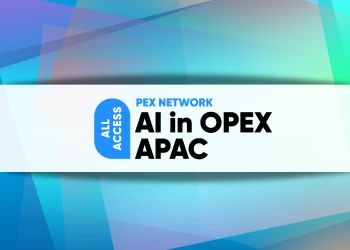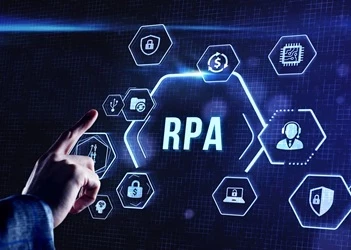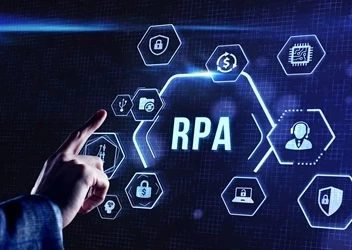For banks it’s not when to implement AI, it’s how fast to do it
Add bookmarkRoberto Mancone, global head, disruptive technologies and solutions at Deutsche Bank and key speaker at Robotic Process Automation & AI Week, explains why he believes “any kind of change in business models is normally perceived with some sort of negativity.” Mancone also shares his experience on cultural challenges during RPA and AI implementation.
SEE ALSO: The challenge with RPA & AI isn't technological anymore, it's cultural
What advice would you give to businesses that wish to implement AI and machine learning?
I believe Artificial Intelligence (AI) has reached the right stage of development to be implemented within any organization.
Firstly, banks should identify the user case followed by the goal they wish to achieve. The technology is mature enough now to provide a complete advisory journey for clients. AI can also deliver augmented capacity and augmented knowledge to advisors and be utilized to prevent fraud or incidents and support complaint management. It can be applied as a HR or legal function and can supplement analytic reports.
It took me almost a year and a half to put in place the dedicated resources to make it happen. We’re now at the implementation stage and will be delivering something which is tangible and real in November. This has automatically created an attraction and an interest in AI. Many more functions are now knocking on the door and asking for additional deployments.
What is the next step on the AI journey for Deutsche Bank?
We have moved from the discovery phase to implementation. We would like to increase the deployment speed, but firstly we need to deliver the user cases. We have several deployments in the pipeline and have identified additional user cases we intend to develop.
The scope for development is always two-fold, one, to create efficiency, and two, to create scalability. Also, it is important to take in to account client acceptance of direct engagement with artificial intelligence.
What challenges have you come across when rolling out AI and other disruptive technologies?
The challenge isn’t technological anymore, it’s cultural. First of all, there is the normal fear of something which is not human—although many of us are drawn to and are interacting with artificial intelligence even when we use our phone. If we watch Netflix, we are interacting with AI but we don’t perceive it as that. Banks are different because every time you put AI in any particular process or business unit, you are fundamentally changing the way the organization has operated until then.
There is also reluctance by those who are afraid that their position will be gone, or the reporting will be different. Any kind of change in business models is normally perceived with some sort of negativity.
It is important to reassure resources that are affected by AI by explaining that they no longer need to fix the problem but can prevent it instead. AI can help anticipate the answers they need in an efficient manner, enabling them to become more powerful and more augmented because they’re constantly supported by something that helps them provide the right answers at the right time.
Is there anything you would have done differently?
I would have loved to have had more resources to speed things up. Sometimes we need to build something which is integrated within existing core banking, this inevitably slows things down.
In your opinion, what are the future capabilities of RPA and AI?
There are many capabilities, some of them I can release, some of them I cannot. We are now open to consider opportunities outside of private clients and the commercial private client division. There are plenty of cases in asset management, compliance, HR and legal but we need to define the priorities of implementation before they are deployed due to limited resources and complexity of projects.
What will you be discussing at RPA & AI Week?
My presentation will focus on how the market is evolving, how it has matured and what cases banks are concentrating on now. I will discuss why AI is no longer the kind of technology that we don’t know if to implement or not—for banks it’s not when to do it, it’s how fast to do it. I will then provide Deutsche Bank examples and a simulation of what we’ve done so people can gain a clear understanding of the advisory model we are building and the logics behind it.
Roberto Mancone is a key speaker at this year’s Robotic Process Automation & AI Week in London, 27-29 November. Mancone will explain how to develop a new business model through RPA, AI and data analytics and share experience on developing disruptive technologies within an organization. Download the full RPA & AI Week agenda here.




















